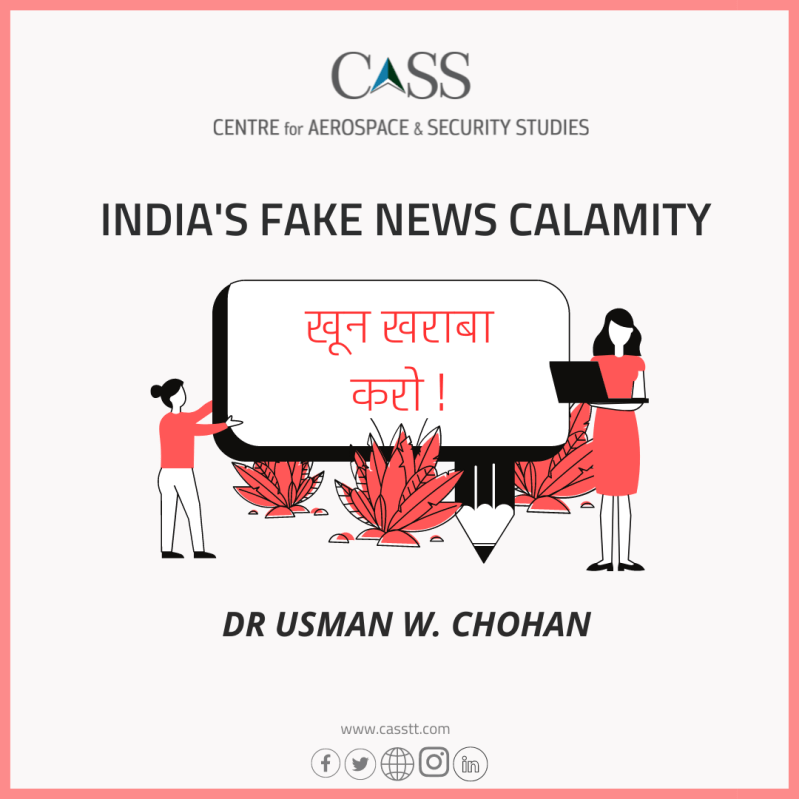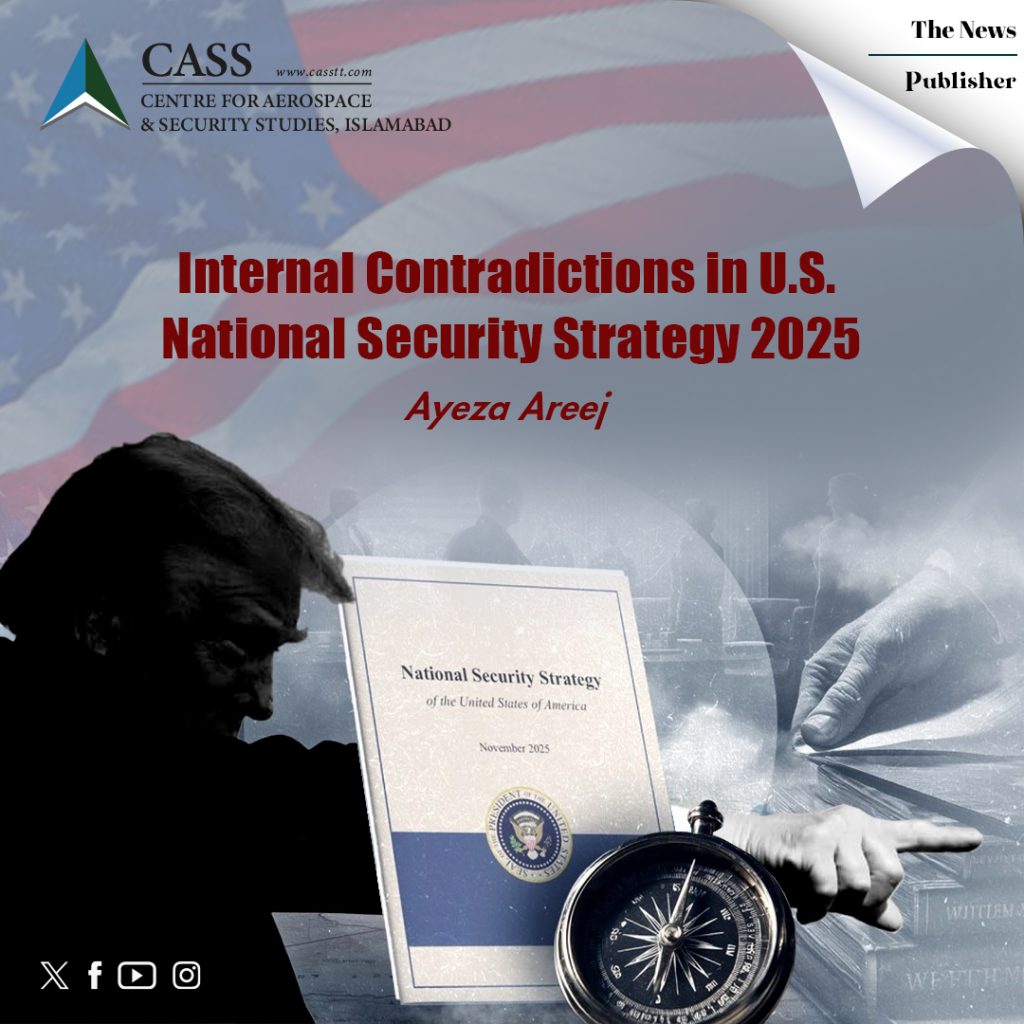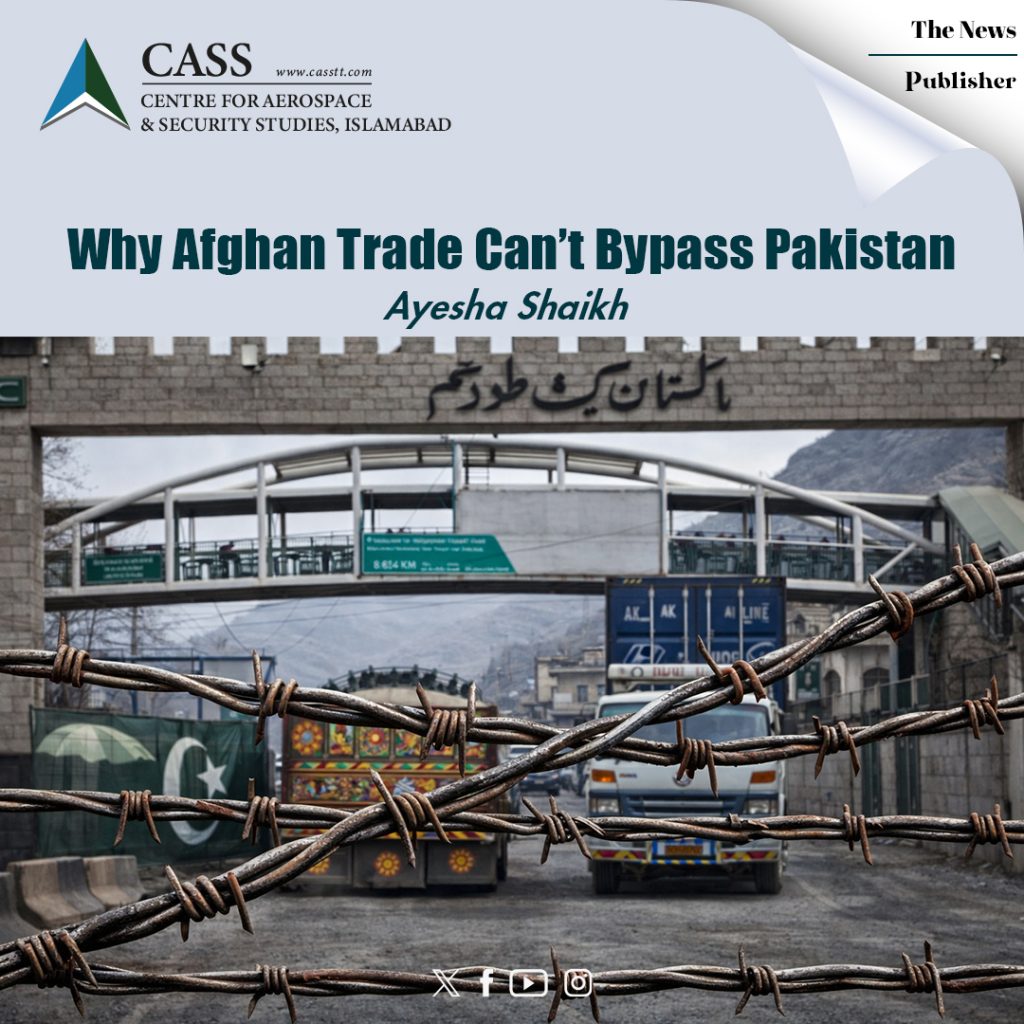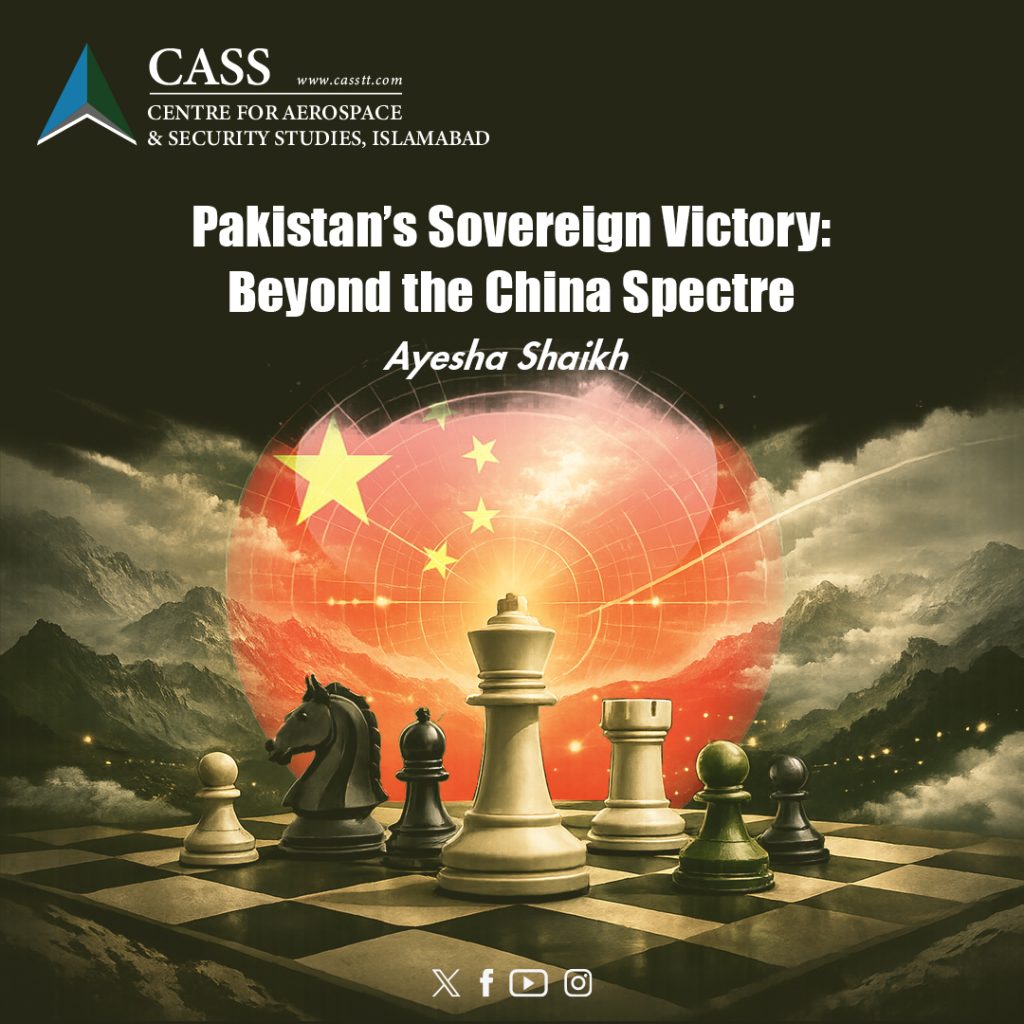India is an exceptional country in many regards, and as a study of electronic information shows, it is exceptional too in the amount of mass delusion in which its public dwells. According to a study of information and news consumption carried out by Microsoft, the Indian public has the biggest “fake news “problem of any country in the world.
The survey data indicates that India has more fake news and internet hoaxes than any other country, since 64% of Indians encounter fake news as opposed to a 57% world average, and 54% come across internet hoaxes as opposed to 50% for the world average.
In the domestic sphere, this fake news epidemic has had life threatening consequences, as in the mob vigilantism and “whatsapp lynchings.” They have also helped coordinate cow vigilantism and pogroms against Muslims, which is jeopardising social cohesion and deluding emotionally charged groups into violent acts.
This fake news calamity has even more frightening consequences for the region. The 2016 “surgical strike” hoax has been rallied by the BJP as a purported “strong line” against Pakistan, and it is “corroborated” by yet sappier fictions such as the new Uri propaganda movie.
The recent border incursion by the IAF, which was decisively repelled by the PAF with mature restraint, indicates another incidence of the fake news proliferation in India, where old footage and video games are being used to fool the public into thinking that IAF was met with some great success. In the meantime, evidence on the ground shows that the IAF had fled and dropped the payloads prematurely, injuring one local. This is a far cry from the bombastic claims being made in the right-wing Indian media.
How far will this fake news epidemic take the Indian public? What was seen two years ago as a Western problem of managing fake news (as in the Trump election, Brexit, and the like), has also hit India. With the lower literacy rates and the lack of fake news counter-action as is being done in France, the prospects for more objective discourse that crosses the increasing divide between social bubbles in India is grim.
What is most worrisome is that the edifice of fake news is being weaponised India, and this may distort the Indian polity beyond repair, for on one hand, “Modi is a brave leader,” and on the other, “a lying coward,” and both will be held as truths among two coexisting social groups.
The question that then arises is: can this sway the vote enough for Modi to hold power? Can he gain enough from a fictional attack to preclude an actual one? For the safety of his regime as well as his people, perhaps a détente based on fictions may be greater than violence in actuality.
Yet the manipulation of the public discourse to achieve so short term a goal as immediate office may end up worsening the increasing social divides in India. In that sense, Modi’s India may have a lot to learn from Trump’s America, where two coexisting groups are living in two separate realities.
As such, the greatest temple that the BJP has helped erect may be the temple of its delusions, inciting the public towards violence, and cementing a polarizing discord from which there may be no return. The BJP may gain enough votes in this election, but the fake news that now demarcates the bubbles in Indian society will remain as edifices long after the BJP is gone.
The writer is a director of Economics and National Affairs at the Centre for Aerospace and Security Studies. He can be reached at [email protected]





